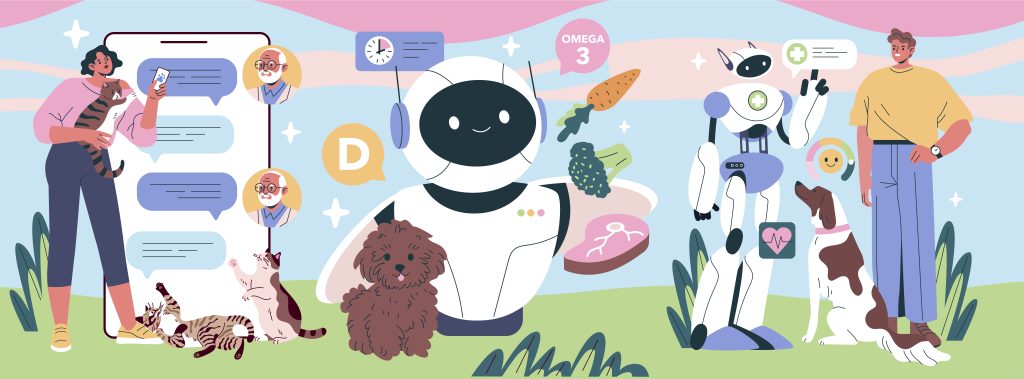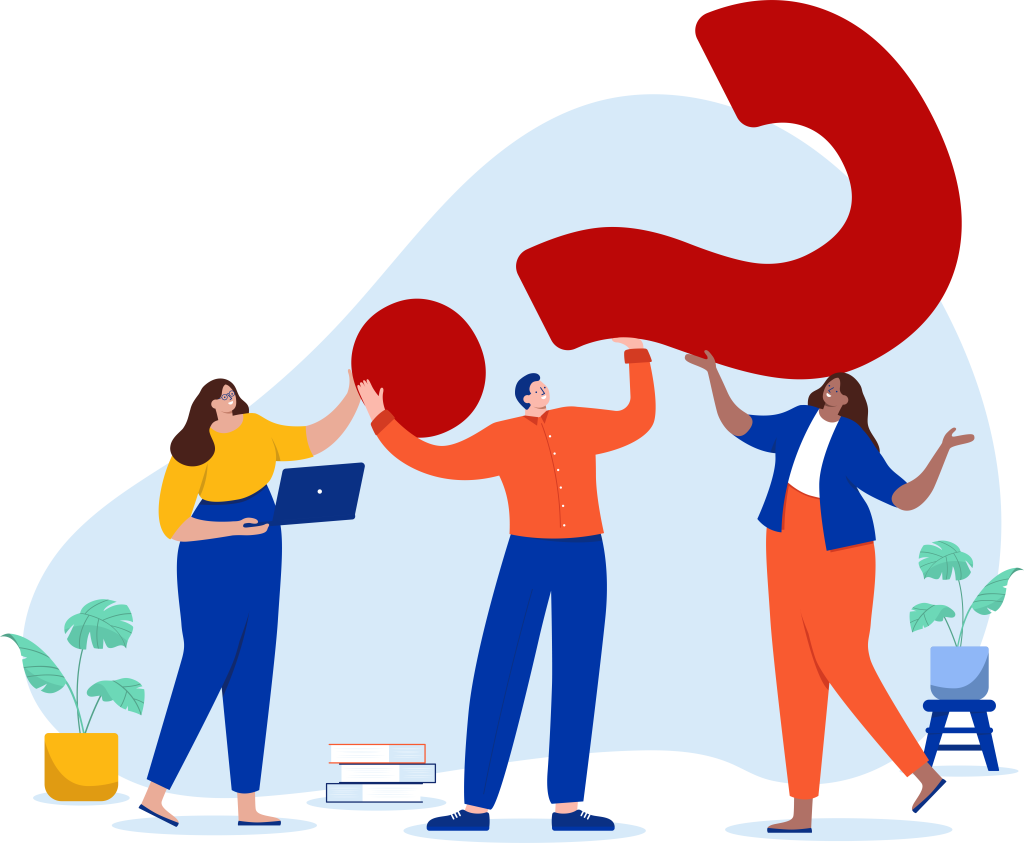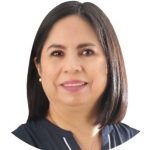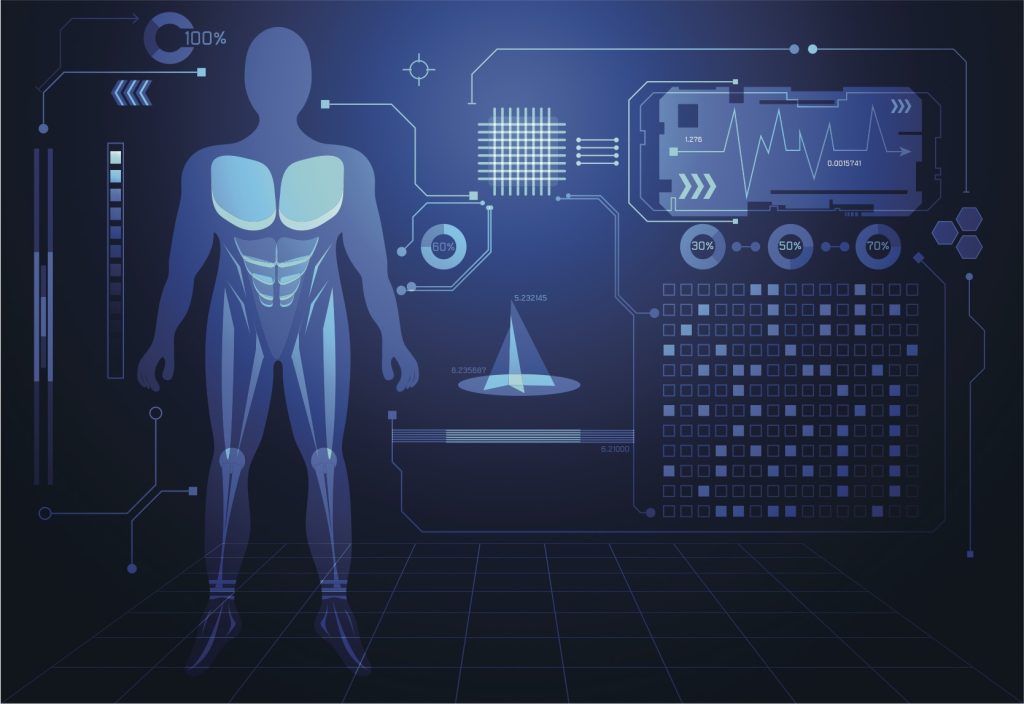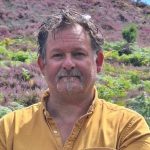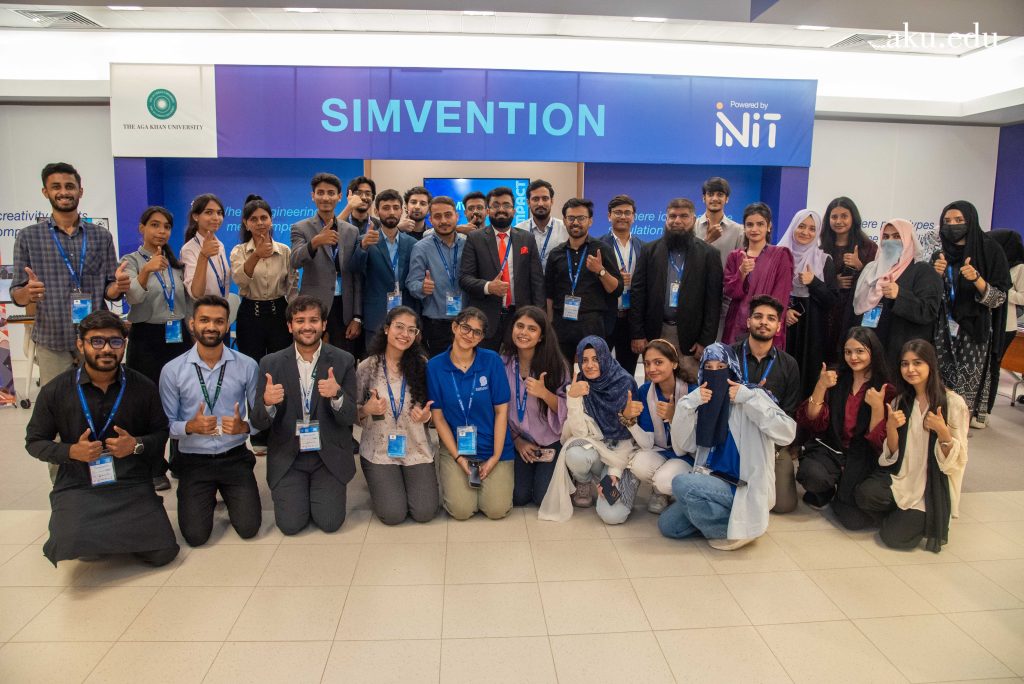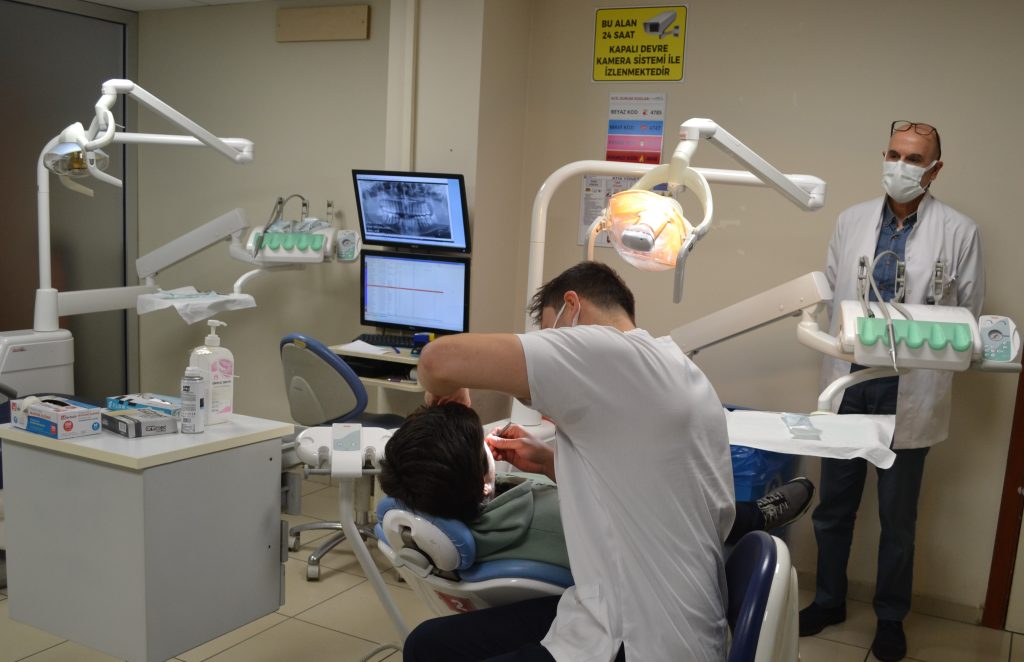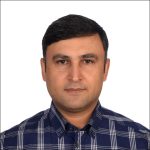Michaela Kolbe speaks with SIMZINE about her life, inside and outside simulation
It’s time to get to know Michaela Kolbe. Family therapist with a Ph.D. in psychology, currently leads the Simulation Center of the University Hospital of Zurich. Passionate researcher, lecturer at several universities and keynote at many conferences, such as the coming SESAM 23, she still hasn’t quite figured out what to respond when her kids ask about her job. Michaela’s so busy but she took a minute to speak with us and tell about her life inside and outside simulation, from why she wanted to become a simulationist to the simulation researcher she would accept an invitation to dinner from.
SZ: Ciao Michaela, it’s funny to catch up with you like this. Congrats on everything you are doing and what you achieved. And, thank you for accepting our invitation. When did you find out that you wanted to be a simulationist?
Thank you very much for having me! I am a new and big fan of SIMZINE, it’s an honour to be here! When I found out I wanted to be a simulationist? The first time I heard about it! At this time, I felt I needed to choose between my psychology career (“help people”) or group research career (doing what exactly??). Then I heard that Prof. Franziska Tschan, a group researcher in Neuchâtel, Switzerland, was studying healthcare teams. She and her team applied psychological theory to studying how healthcare teams work, what they do, and how this relates to their performance. Fascinating!! I just knew that I needed to get into this business! Being a simulationist is challenging the psychologist and researcher in me: what are the psychological mechanisms in simulation? How do they work? I am really curious about this. And, I really enjoy the community of simulation practice.
SZ: As a simulationist, what grade do you give yourself from 1 to 10? And why?
As a psychologist, I’d need to know what 1 and 10 might stand for. If 10 was “I can dismantle and reassemble a simulation manikin in under an hour”, I’d certainly score as 1. If 10 was “most enthusiastic” then I’d score as 10! If 10 was “very experienced”, then probably a 6 … I’m amazed by the new simulation ideas, projects and research coming up almost on a daily basis. There is always something new to learn!

SZ: What’s your favorite part of each working day?
Since I’ve decided not to start my working day with checking emails anymore, I get to my favorite parts much more often. Most importantly, I enjoy learning more with and about the wonderful people I get to work with. I love when people, for example in a simulation course, seem to thrive and forget about time. I love working with simulation faculty, exploring together what makes them debrief the way they do. I love working with young researchers and friends and thinking about how to develop the simulation science. And then my pre-school kids ask me what I do at work …
SZ: What are your everyday contributions to the development of simulation?
Nitty gritty research. A lot of it. Meetings, though not too many. Challenging conversations now and then. Workshops. Politics. I’d like to see myself as somebody who walks the talk of ‘speaking up’ and listening … which is so hard sometimes. And a lot of laps in the pool thinking about how it may all fit together..
SZ: What is the secret behind your success?
I just love what I do. Maybe not all of it, but a lot. I believe in thriving at work and in the power of working with people that I like. I’m deeply grateful for all the chances I got and took. I do not take myself too seriously, that comes in handy now and then.
SZ: If you could learn instantly one new skill as a researcher, what would it be?
Oh, I would love to learn how to quickly identify patterns in social systems. Whenever I listen to one of Esther Perel’s podcasts and how she identifies what’s going on in a couple or team … I wish I could do this.
SZ: What is the most embarrassing thing that has ever happened to you facilitating a group of colleagues?
My first lecture ever, many years ago, at the University of Göttingen. I was young! I had just started getting a tiny bit comfortable when suddenly everything broke down: beamer, notebook, everything. The loudspeakers started producing horrible sounds. I had no idea and no experience. Eventually, a student took pity and called the janitor. It felt like being set up for slapstick. This was a healthy dose of embarrassment and since then very few things embarrass me in work settings.

SZ: Where do the biggest challenges in “patient safety through simulation” lie? Technical feasibility, costs, changing educators’ behavior? What’s your opinion?
Great question. I think there are many challenges. In my view, “myths” about human behavior, organizations and leadership are among the big challenges. We tend to feel so certain about what’s wrong and how to fix it and underestimate how complex human behavior is, especially in teams and organizations. Think of your own family! I think we only see half of how we influence each other, and “easy fixes” won’t always do. Our research on “speaking up” for patient safety has taught me to be skeptical of easy and unilateral fixes.
SZ: How do you feel about the future of simulation?
Excellent—as long as we continue to engage in regular reflective practice.
SZ: If you could choose from which simulation researcher to accept an invitation to dinner, who would you choose? and why?
Doris Øestergaard, of course! I truly admire her and what she has achieved. And, if I may, I would like to ask Pier Luigi Ingrassia to join us!
SZ: And here is our SIMZINE question. What’s one thing you do that you don’t want anyone to know?
Eleven questions and two are about secrets ;-)?! Well, the one thing I do that I don’t want anyone to know is probably that I haven’t quite figured out yet how to respond in a nutshell when my wonderful, curious pre-school kids ask me what exactly I do at work.
It’s been a privilege to get to speak with you today. Thank you for this great conversation.
READ ALSO































